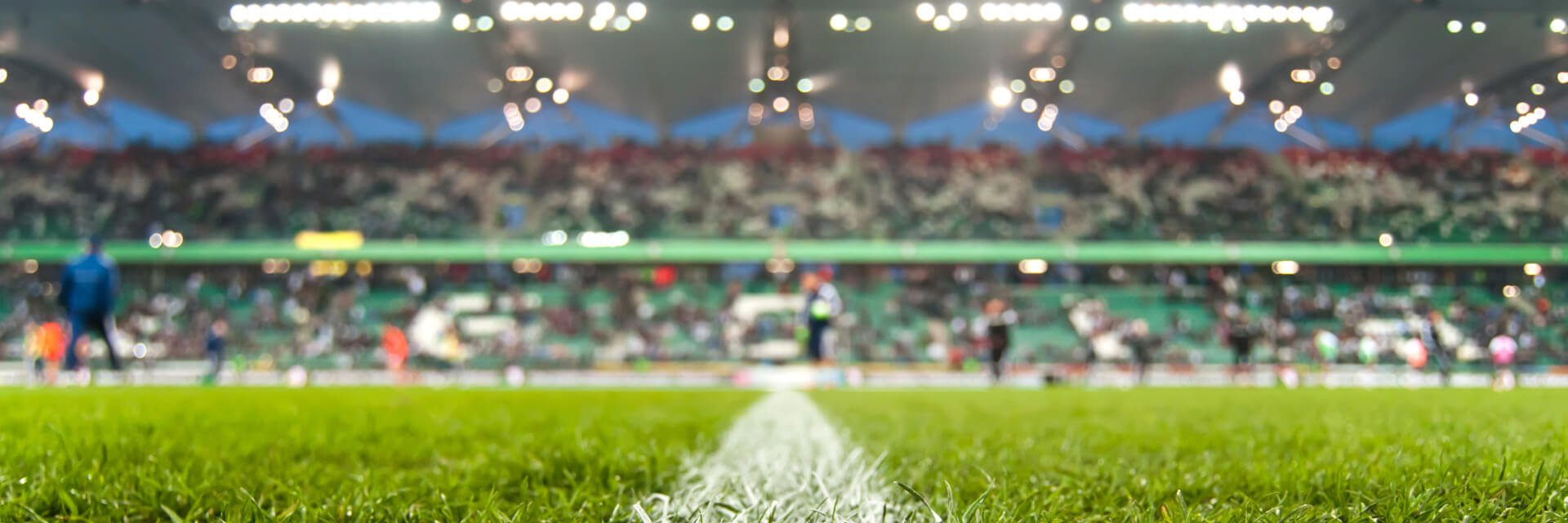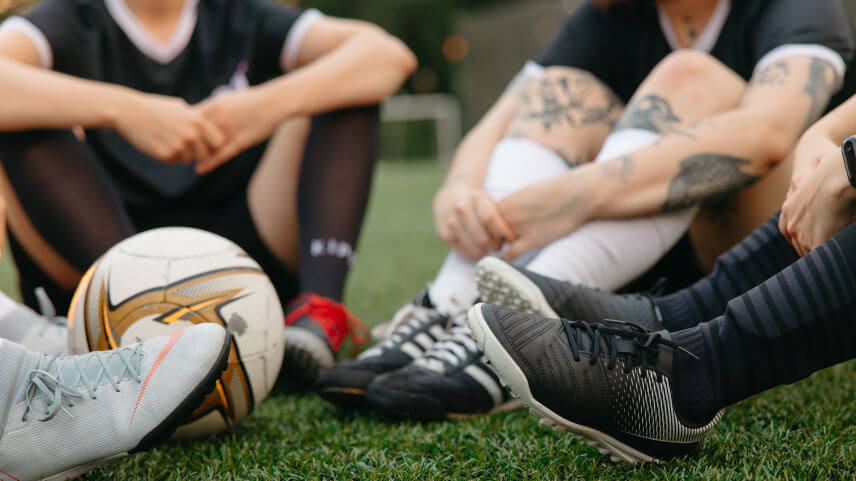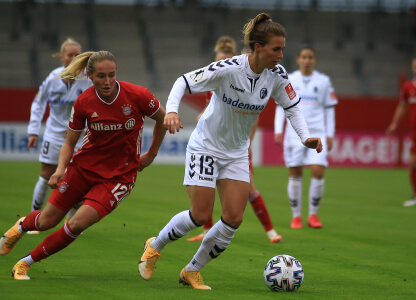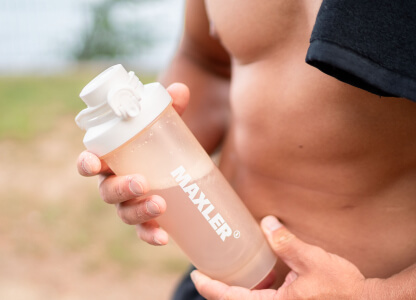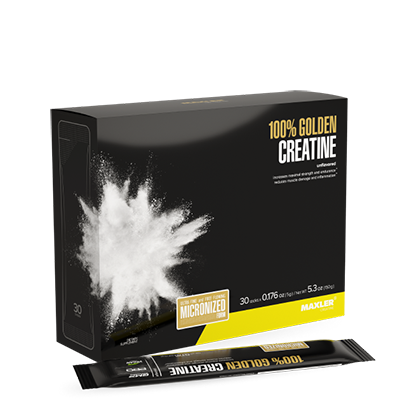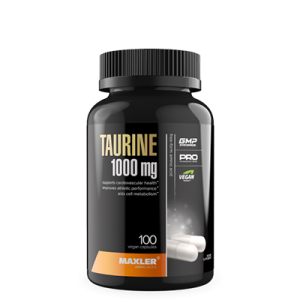Match days are especially important for soccer players, and the key nutritional goals to keep in mind on a match day are having adequate carbs to replenish glycogen, keeping hydrated, and kickstarting recovery, especially if another match is soon after. The right nutrition plan for soccer players will account for the demands of a match day as well.
Pre-gaming done right
Before a game, it is essential to make sure your glycogen levels are restored. Therefore, aim to get a carbohydrate rich meal (around 1-4g per kg of body weight) up to 4 hours before a game. You can continue to build your muscle glycogen before the match, starting with high carb snacks about an hour before the match. Try to get around 25-30g of carbohydrate in those snacks for optimal soccer nutrition.
Your pre-game meal should contain about 0.25-0.4g per kg of bodyweight of protein, and a low amount of fat.
The most important thing will be to pre-hydrate, so start drinking at least 4 hours before the game, aiming to get about 5-7ml per kilo of body weight of beverage. If you’re still dehydrated, add a further 3-5ml per kilo 2 hours before the match.
During the match
During the match, it’s important to continue getting carbohydrate, aiming for about 30-60g of carbohydrate every hour – this is best achieved through a carbohydrate and electrolyte drink, with some protein. Drink about 150-300ml of this drink every 15-20 minutes during half time to keep yourself hydrated.
Recovering after a game
Recovery is especially important during the times where soccer players may be playing multiple matches in a short amount of time. There are specific strategies that can be used to ensure that you’re recovering as quickly as you can. These can be incorporated into your soccer nutrition plan.
Immediately after a game
Kickstarting to replenish glycogen straight after a game is key, so a carbohydrate snack should be provided. Aim to get about 1g per kilo of body weight each hour during the first four hours after the game – this will ensure you’re making glycogen as quickly as possible, as keeping your intake frequent can help increase the amount of glycogen you make.
Pair carbohydrates with creatine, one of the best supplements for soccer players, to help with restoring phosphocreatine. Or pair it with a protein source which will provide 30-40g grams of protein, as well as 6 to 9 essential amino acids, with a focus on leucine.
If you’re finding it hard to digest food, aim for a liquid source of carbohydrates and proteins, like a sports drink, flavored milk, or a protein shake. If you’re choosing a protein shake, go for a whey protein powder over casein or soy, as it is more easily digested.
It is also essential to rehydrate, so choose to drink about 1.5L of fluid per 1kg of body weight lost during the game during a period of 2-4 hours after the game. Keep your intake constant to avoid discomfort, and include electrolytes by either mixing them with your drink or eating a salty snack during drinking. Don’t forget that nutrition for soccer players is about what you eat as much as about what you drink.
Recovering between games
Recovery between games requires care and discipline. Ensure to eat 6-10g/kg of body weight of carbohydrates between the games, having 3-4 meals and regular snacks in between. Adjust your intake depending on how much you played in a game – if you’ve sat out for a half, eating extra carbohydrates won’t do much good.
For protein, aim to get 1.5-2g/kg of body weight in equal amounts throughout the day – aiming for 6 portions of about 20g every three hours will allow your body to consistently have enough protein for muscle repair and building.
Follow the strategy for rehydration mentioned above, and ensure you’re hydrated before a game.
Finally, if you’re playing multiple games in a short span of time, you might benefit from adding antioxidants and anti-inflammatory nutrients in your diet, so choose to take in a variety of high-antioxidant foods like berries, broccoli, or tart cherry juice alongside omega 3s. You can rely on athlete’s nutrition supplements to help you get these nutrients as well.
Supplementing for energy
To supercharge your match day, you can rely on the best supplements for soccer to decrease fatigue and boost your performance.
- Creatine – creatine monohydrate has been around for a while, and to this day nothing seems to have topped it. Creatine can increase muscle strength and power, as well as improve high-intensity exercise performance. To supplement, take around 16-25g of creatine a day, split into four doses for around 5-7 days, before switching to a single dose of 3-5g per day. Creatine is best taken with a meal containing carbs and protein. For an excellent creatine powder, try Maxler 100% Golden Creatine, which provides 5g of creatine per serving in an easily digestible way. It also comes in 5g pouches – handy when on the go!
- Caffeine – probably one of the most popular and better studied supplements for soccer players. Caffeine can improve both endurance and concentration, depending on the dosages and timings used. Pre-game, take 3-6mg/kg of caffeine 30-60 minutes before exercise. For an in-game boost to improve endurance, go for a lower dose of 1.5-2.9mg/kg of body weight of caffeine while you rehydrate. Avoid taking more than 9mg/kg of body weight at a time. Choose Maxler Caffeine 200 tabs for a convenient dose of caffeine, whether before a game, or during half-time.
- Beta-alanine – beta-alanine is another popular athlete supplement. Supplementation can increase the ability to carry out high-intensity actions which last 30 seconds to 10 minutes. Try taking around 3.2-6.4g of beta-alanine daily for at least two to four weeks. The doses should be split and taken every 3-4 hours, to lessen the chance of side effects. Maxler Beta-Alanine is a powder that provides 5g of pure beta-alanine per serving.
- Taurine – taurine can help muscles contract, reduce damage and improve endurance, especially when coupled with caffeine. Take 50 mg of taurine per kilo of body weight combined with about 5mg of caffeine per kilo of body weight a day for up to 8 weeks. Maxler Taurine 1000mg provides 1000mg of taurine in a single capsule.
- Citrulline – citrulline can increase power and decrease feelings of tiredness, especially when combined with arginine. Try taking 1.2-3.4 g of citrulline and 1.2g arginine together for at least 6 days. Maxler L-Citrulline Malate powder provides 5g l-citrulline dl-malate per serving.
- Arginine – arginine can improve soccer performance, as it increases the amount of oxygen your body gets. Consider taking 1.2-6g a day of arginine for about 14 days.
